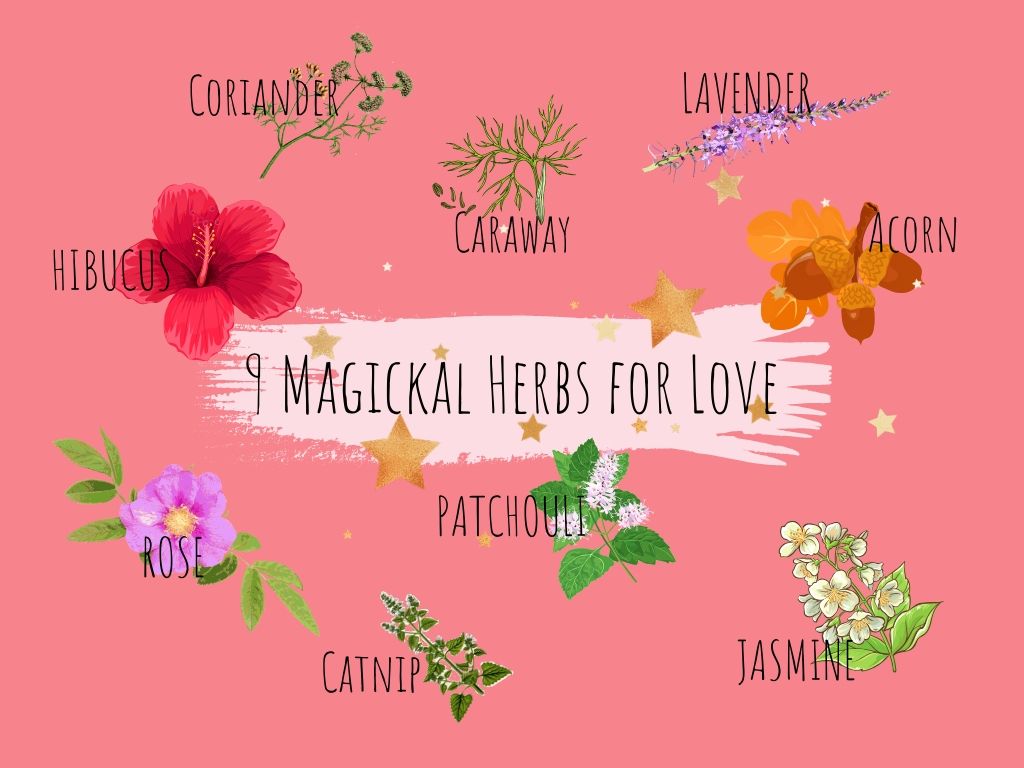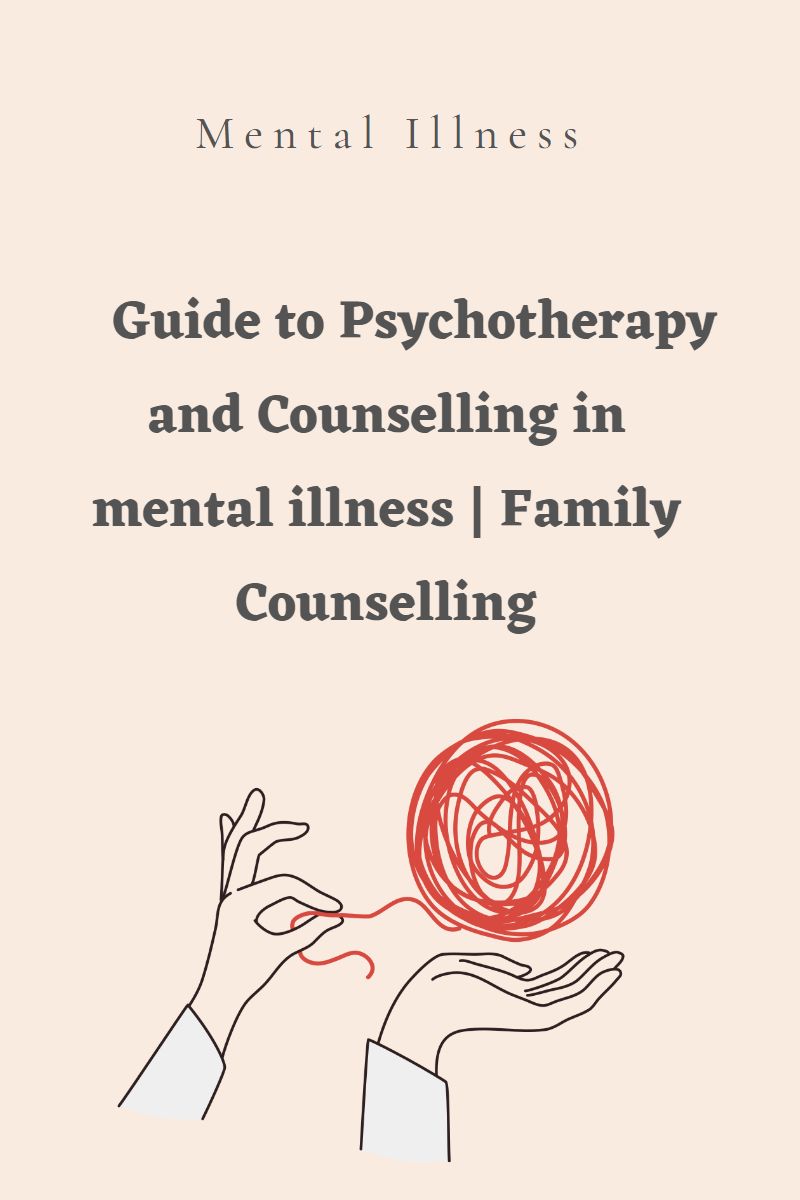
A Simple Guide to Using Herbs for Self Love
Plants were used for healing purposes long before recorded history, especially herbs for self love. Because of their tremendous ability to heal us physically, emotionally, and spiritually, they are still used today. Herbs connect us not just to our organic nature but also to the divine feminine energy within all of us, which is the very essence of self love. Working with herbs that encourage self love is one of the most effective ways to begin loving yourself more.
Herbs are Great for Self Love
The best aspect about employing herbs for practical reasons is that many of them overlap, allowing you to use them in a range of various types of workings. There are some herbs for self love that are specifically for emotional healing that are worth cultivating and/or purchasing and including into magical rituals. And, given how hectic the last few years have been (due to COVID-19), you may be curious about what natural benefits you might derive from these herb-led routines.
Some Examples of Herbs
- Tulsi, also known as Holy Basil, is an Ayurvedic herb which has been used for generations to promote good health and is regarded as the world’s most revered plant. Tulsi floods you with divine energy making it an ideal herb for self love practices.
- Chamomile is another excellent herb for self healing since it is highly calming and soothing, reducing anxiety and promoting relaxation.
- Because of its powerful link to the heart, Rose is one of the ideal herbs for self love. Rose aids with heart healing, opening the heart, and attracting more love. Rose enables us to be open to new possibilities while being strong and secure inside ourselves.
- Oatstraw is a nutritious herb that aids in the soothing and calming of the nervous system. It also aids in energy restoration, making it ideal for times we need a little more self-love.
- Rosemary is a great all-purpose herb. While the smell is stimulating for memory and producing particularly good focaccia, the herb also has emotional therapeutic effects.
- Lemon balm, like chamomile, is a soothing herb for emotional recovery.
Incorporating Herbs for Self Love in Daily Life
Herbs have numerous applications. Tinctures, teas, water infusions, salt baths, and oils are all examples. Depending on the concentration and source, You can use these herbs both on and within the body. Some self-care uses of herbs include:
- Herbs that can help you feel better. Responding to your inner-self is part of self-care. If you’re feeling down, St. John’s wort is an excellent herb in your quest for happiness.
- Some herbs have the ability to calm your nerves. Nothing will wear down your body systems quicker than stress. Herbs such as Kava Kava and skullcap are two of the most popular soothing herbs. Skullcap helps replenish the nourishing ability of the nerves, while Kava Kava encourages proper relaxation from tension caused by stressful situations.
- Herbs that aid with coping. You can easily avoid certain stressors One type of herb has the uncanny capacity to assist your body in adapting to all of them: physical, mental, emotional, and environmental. Adaptogens are herbal supplements that include Ashwagandha, Rhodiola Rosea, and Holy Basil (also known as Tulsi).
Reminder Before Using Herbs for Self Love
Consider introducing a few therapeutic herbs into your daily routine for self-care the next time you consider adding one. Remember that most herbs have more than one advantage. While the herbs you choose may be especially good for general emotional healing, you may also discover that they help you manage stress, overcome trauma, and live a happier life.
Conclusion
It is not selfish to look after oneself. It is vital to your health and the health of people around you. Filling your own cup provides you the happiness and energy to be an all-rounded person – better husband, a better father, and a better friend. There’s a variety of herbs for self love readily available. As you continue your journey of self-love, you should explore and learn what works best for you. Explore the herbs that speak to you and explore how they might help you connect more profoundly with yourself.





